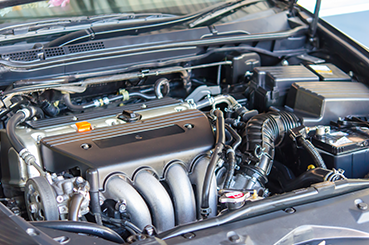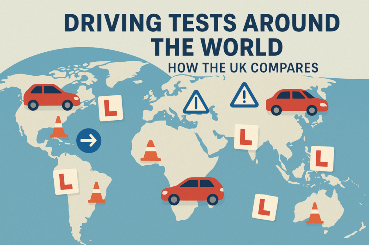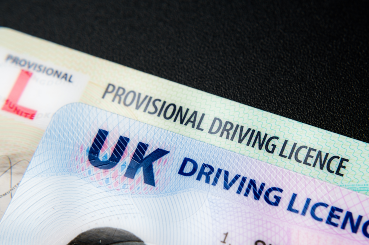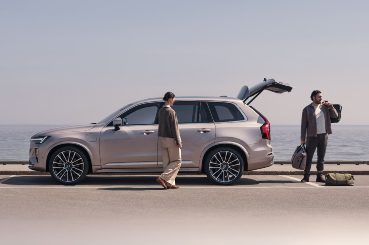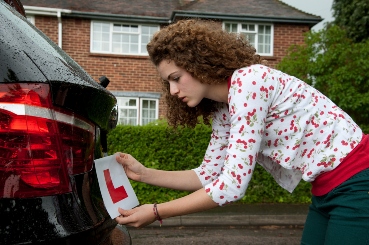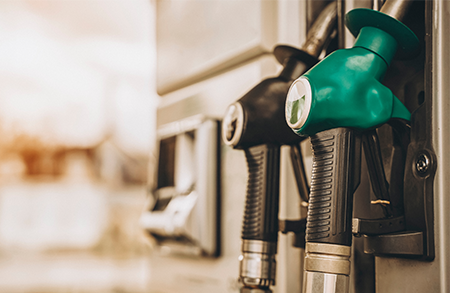
Ever wondered how far your car can travel on a single tank of fuel? That’s where MPG, or miles per gallon, comes in. MPG is a crucial metric for understanding your car’s fuel efficiency, which directly impacts your wallet and the environment. When you browse for a vehicle on the Stoneacre website, we use a combined WTLP figure to represent MPG. Plus, we also allow you to filter by fuel consumption in the car search to find vehicles with the best MPG.
In this blog, we’ll dive deep into the world of MPG, from what it means to how to work it out MPG yourself. We’ll also explore factors that affect MPG and tips to maximise your car’s fuel economy. So, buckle up and get ready to learn how to make your fuel tank go further!
What is MPG?
If you’re looking to buy a new car, chances are you will have seen the acronym MPG a fair few times. It stands for miles per gallon and is a measure of how far you can travel on one gallon of petrol or diesel. The more miles a car can travel per gallon on fuel the further you will get on a tank of fuel, so if you are looking to reduce your fuel costs then you need to look for a car with a high MPG rating.
When a new car model is released, it is tested and an official MPG rating is attributed, to give potential buyers an idea of the fuel economy they can expect.
What is MPGe?
Ever wondered how efficient electric or hybrid cars are compared to petrol ones? Miles per Gallon (MPG) isn’t quite the answer for these vehicles, as they don’t solely rely on petrol. That’s where MPGe comes in.
MPGe stands for “miles per gallon gasoline equivalent”. It’s a handy way to compare the energy consumption of electric and hybrid cars with traditional petrol vehicles.
It essentially translates the electricity used by these newer cars into the familiar MPG scale, letting you know how far you could travel on the energy equivalent of a gallon of petrol.
What is the Average MPG on a Car?
The average MPG for a car in the UK depends on several factors, including size, engine type, and how you drive. Typically, petrol cars average around 36mpg, while diesels can reach 43mpg.
However, these figures are based on lab testing and might not reflect real-world driving. On the road, expect slightly lower figures. For example, smaller, fuel-efficient petrol cars might achieve around 30-35mpg in everyday driving, while larger SUVs could drop to 20-25mpg.
Hybrids offer a significant jump, averaging around 50-60mpg, thanks to their electric motor assistance. It’s important to consider your own driving habits too. Mostly motorway journeys will see better MPG than frequent stop-start city driving.
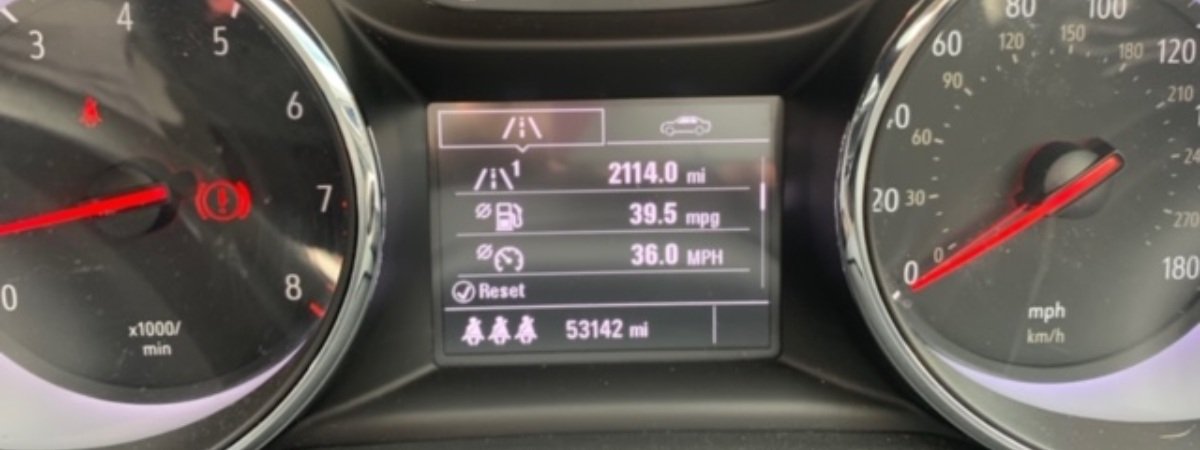
How to Calculate MPG:
A car’s MPG rating is calculated under laboratory testing conditions. Until recently, the test used to measure a car’s MPG rating was called the New European Driving Cycle (NEDC), however, this test was found to be outdated, so was replaced with a new test, the Worldwide Harmonised Light Vehicle Test Procedure (WLTP).
What does WLTP mean? Well, WLTP stands for Worldwide Harmonised Light Vehicle Test Procedure. It’s the current method used to assess a car’s fuel efficiency and emissions in a lab setting. Introduced in 2017, WLTP replaced the older NEDC test, known for being a bit too gentle on car manufacturers. WLTP uses a more demanding driving profile with faster accelerations, higher speeds, and more stop-start cycles, aiming to provide a more realistic picture of real-world fuel consumption. So, while WLTP figures might be a touch lower than the old system, they offer a better idea of what MPG to expect on the road.
However, despite efforts to make it as real to life as possible, the official MPG results are still unlikely to truly reflect the mileage you would get on your commute. This is because the tests cannot possibly cover the vast array of variables a driver would face day-to-day. Therefore, the official MPG rating should only be used as a guide.
What is a Good MPG Rating?
MPG varies between petrol and diesel engine cars, with diesel cars typically outperforming diesel for the number of miles covered. However, in recent years, diesel engines have become less popular due to the negative press they have received for the noxious gases they release into the atmosphere, so manufacturers have been working hard to make petrol more attractive by improving their MPG capabilities. This means there is now less MPG difference between petrol and diesel engines than ever before.
So whether it is a petrol or diesel engine you go for, if you are after a car with a good MPG you should look for 50mpg or more.
How to Work Out Your Real MPG?
So with that in mind, you might be wondering how to work out how many miles you do actually get from a gallon of fuel. Many modern cars now give you an average MPG and instant MPG readings based on your driving and the conditions. However, if you want to work out your true MPG for yourself it is actually fairly easy to work out;
- Run your car until the empty light comes on
- Before re-fuelling press the reset on the odometer trip counter
- Fill up but make sure you make a note of the amount of fuel you put in (i.e. how many litres)
- Drive as usual but when the car reaches empty again make a note of the distance you have travelled on a tank of fuel
- Divide the distance by the litres put in to get miles per litre result
- Multiply the result by 4.54 (4.54litres in a gallon) to get your true MPG score
NB: if you want to know how much a mile costs in your car just divide the distance travelled by the number of litres of fuel used for a miles per litre reading. Make a note of the cost of fuel per litre when you fill up and divide the cost by the miles covered. For example, if the car is capable of 10 miles per litre and the fuel costs £1.32 you will use £1.32 of fuel every ten miles covered.
£1.32/10=0.132 so the cost per mile is just over 13p

What Effects Your Real MPG?
The actual number of miles you can cover per gallon on fuel varies depending on a range of factors. Your driving style can play a big part with people who drive more aggressively using more fuel than those who make smooth transitions and gain speed more gradually. While the roads you travel can also have an impact with some cars performing better at a set speed on a well-maintained motorway than they do on winding country lanes.
The weather can also have an effect, as in warm weather you may turn on the air-conditioning more or put the windows down which can both have a negative impact on fuel economy.
The weight of your vehicle can compromise your efficiency which is why it is advisable not to carry stuff that isn’t necessary.
Ignoring regular maintenance schedules can prevent your car from working in the way it should which can negatively affect its performance.
This list is far from exhaustive though and there are many things which could prove detrimental to your economy.
How to Improve Your MPG?
Many modern cars are now more efficient than ever, so if you want to get the very best investing in a new car may save you in the long run.
However, if you want to find out to make the most of every journey in your current car, then why not take a look at our blog on ways to improve your fuel economy. It covers all the steps you can take to make sure you get the most from your money when filling up the tank.
